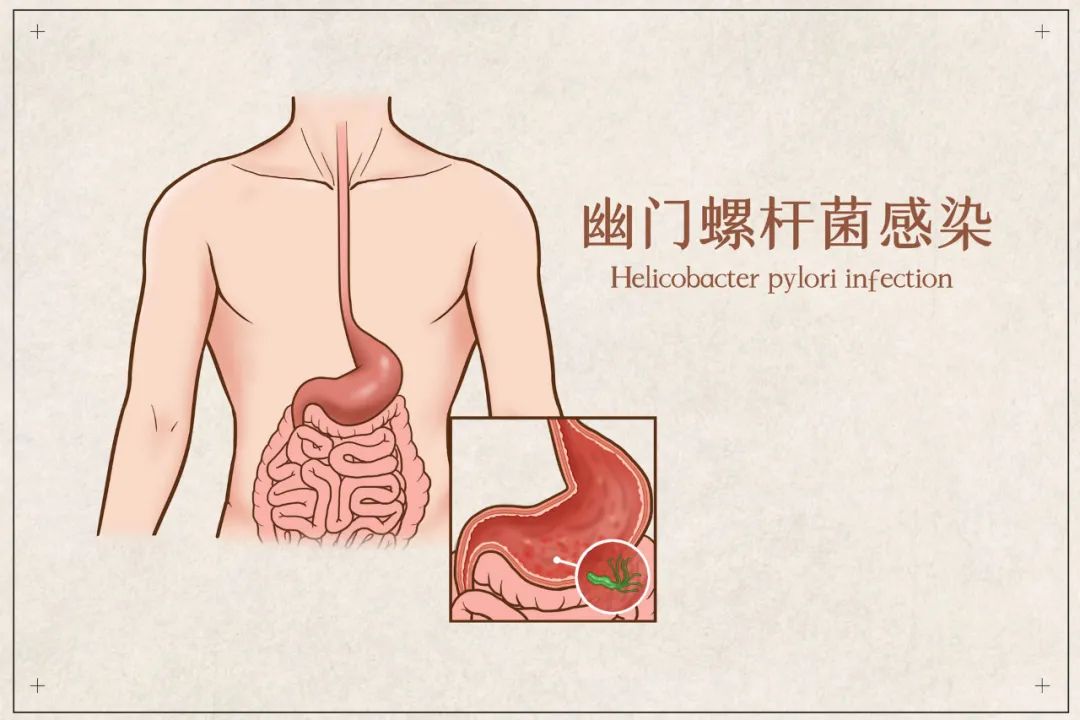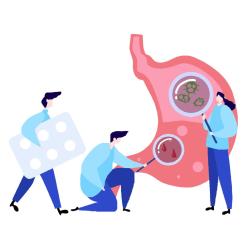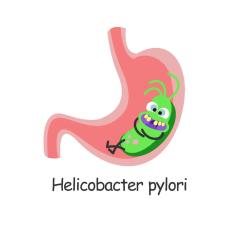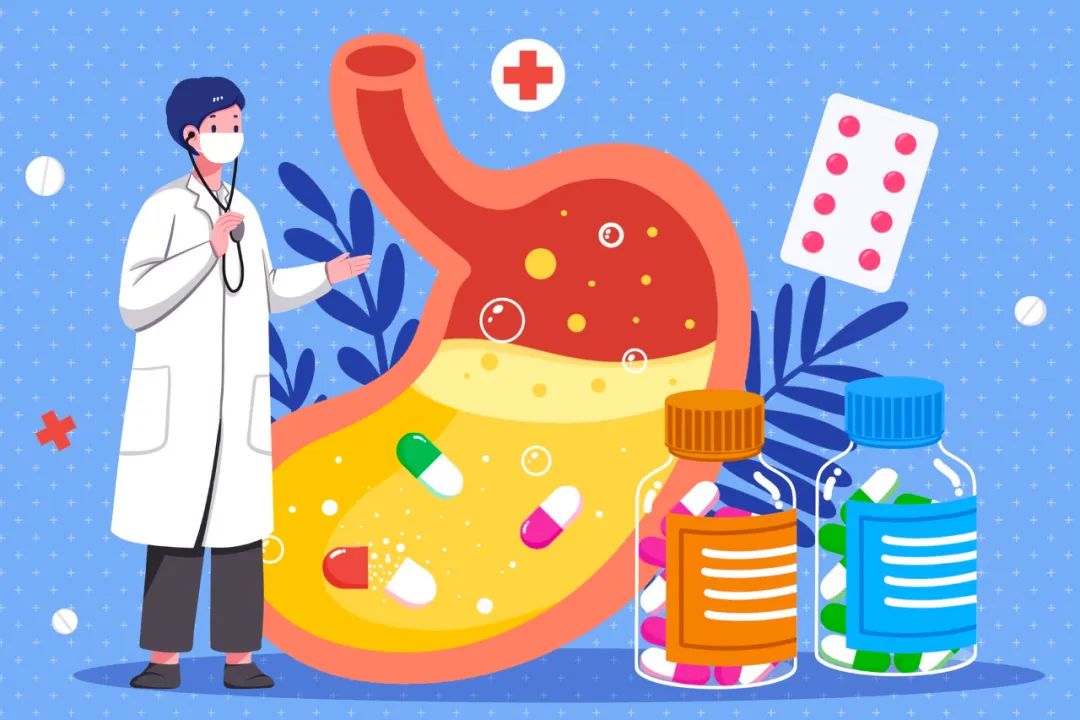Original Hu Yang Changxiao Healthy
▼ The author of this article ▼

Recently, a friend recommended a toothpaste to me, saying that it can inhibit and prevent Helicobacter pylori. The price is slightly more expensive than ordinary toothpaste, so I bought a little with a try. In fact, I also know that it is unrealistic to prevent or treat Helicobacter pylori by toothpaste.
The human stomach is an acidic environment with a PH value of 0.9-3. In such a high-acid environment, there will be a kind of bacteria alive and kicking in it. This kind of bacteria is Helicobacter pylori, which belongs to a kind of micro-aerobic gram-negative bacteria. The infection rate of Helicobacter pylori in the global natural population exceeds 50%, and the detection rate of Helicobacter pylori in the stomach is 30%-80% in different ethnic groups in different regions of China.

Helicobacter pylori can destroy the mucous layer in the stomach, expose the gastric mucosa to gastric acid and be damaged by gastric acid. Helicobacter pylori will also release some toxins and enzymes to damage gastric mucosal epithelial cells and cause chronic gastritis.
Helicobacter pylori infection is the main pathogenic factor of gastritis, peptic ulcer, MALT lymphoma and gastric tumor (intestinal gastric cancer). Studies show that 15% to 20% of people infected with Helicobacter pylori will develop peptic ulcer in their lifetime, and 1 ~ 2% of them may develop gastric cancer.
Today, I will focus on five main problems about Helicobacter pylori.
01
How to detect Helicobacter pylori?
There are three methods to detect Helicobacter pylori, including blood test for antibody, gastroscopy sampling and C breath test. There are false positives and false negatives in blood test for Helicobacter pylori antibody. Antibody-positive only means that you have been infected with Helicobacter pylori, but not the current infection status, so antibody detection is not accurate.

However, gastroscopy may also affect the test results if the materials are too small and biased. Among all detection methods, C13 or C14 urea breath test is the "gold standard", which is the most accurate and convenient. However, it should be noted that proton pump inhibitors should be used for 2 weeks, and bismuth and antibacterial drugs should not be tested for 4 weeks.
02
Does helicobacter pylori positive have to be sterilized?
According to the latest report of the Sixth National Consensus on Treatment of Helicobacter Pylori Infection (Non-eradication Treatment Part) released in May 2022 (hereinafter referred to as the National Consensus), only two groups of people are strongly recommended for sterilization, peptic ulcer and gastric mucosa-associated lymphoid tissue lymphoma.
The recommended sterilization population includes: chronic active gastritis, gastric hyperplastic polyp, HP infection with dyspeptic symptoms, post-ESD, family history of gastric cancer, long-term use of NSAID, long-term use of proton pump inhibitors, unexplained iron deficiency anemia, primary immune thrombocytopenia, vitamin B12 deficiency and other diseases.

Anti-Helicobacter pylori treatment is not needed for the elderly over 80 years old, patients with serious chronic diseases and children under 14 years old without peptic ulcer and dyspepsia. At present, there are different opinions on whether it is necessary to eradicate HP in patients with obesity, inflammatory bowel disease and asthma.
03
Will it be infected again after anti-Helicobacter pylori?
After the eradication of Helicobacter pylori infection, the actual recurrence rate is not high, and the annual recurrence rate is only 4%-5%. The five-year recurrence rate is about 10%. In fact, many people have not really achieved eradication because of drug resistance and other reasons, which is not a recurrence.

04
What is the latest treatment plan for Helicobacter pylori?
In the National Sixth Consensus in 2022, the dual regimen of high-dose antibiotics combined with proton pump inhibitors was written into the guideline for the first time as the preferred recommendation for the first and second treatment. Specifically: high-dose amoxicillin (750mg once, 4 times a day)+voronoxacin (20mg twice a day) for 14 days. Provided that penicillin is not allergic.
05
Is the toothpaste for treating Helicobacter pylori sold on the Internet really effective?
The so-called toothpaste for the treatment of Helicobacter pylori in the market can not eradicate Helicobacter pylori, but only has a certain effect on bacteria in the oral cavity. Toothpaste is not an antibiotic, and it cannot be absorbed into the blood and gastrointestinal tract. It lacks the most basic pharmacological basis for eradicating Helicobacter pylori and is not supported by relevant evidence-based medical evidence.
Image source of this article: Photo Network
Author’s introduction
Hu Yang
Pulmonary hospital, Shanghai
Deputy chief physician, Department of Respiratory and Critical Care Medicine
Brief introduction: Member of the Science Popularization Cooperation Group of Respiratory Diseases Branch of China Rehabilitation Society, member of the expert group of the anti-epidemic science popularization team of Chinese Medical Doctor Association, expert of headline epidemic prevention expert group, and member of ByteDance expert advisory group.
关于作者